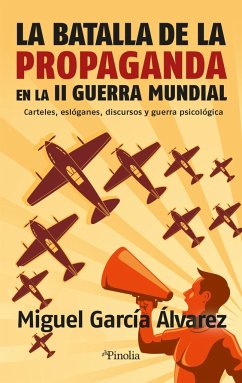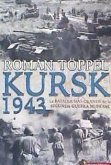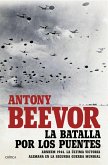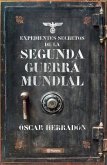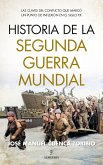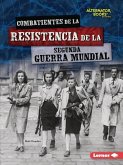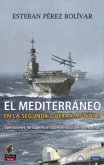Between the end of the 20th century and the beginning of the 21st, one of the key figures in the papacy's international relations was Faustino Sainz Muñoz (1937-2012), who, when he was ordained as a priest, seemed destined for a simple life as a parish priest. On the contrary, what has been concealed by his eternal discretion is one of the most extraordinary careers developed by a Spaniard in the diplomatic field. The figure of Monsignor Faustino Sanz was key in such important situations as avoiding a fratricidal war in the Southern Cone, having to deal with the immobility of Fidel Castro in Cuba during the 'special period', In Zaire he risked his life in the midst of the atrocious violence of the Congo War and the Rwandan genocide, he was the first nuncio to the European Union and played a leading role in the historic reunion of the Catholic and Anglican churches on the occasion of Benedict XVI's visit to Elizabeth II's United Kingdom. Faustino Sainz's life followed the path of the post-war world with all its hallmarks: the failure of totalitarian ideologies and the democratic opening - helped from the Vatican by Ostpolitik -, decolonisation in Africa, the rise of Liberation Theology in Latin America, the Spanish Transition, the attempts to make the European Community something more transcendent than a simple economic club". Undoubtedly, his active participation in Vatican diplomacy was able to impose the mission of consolidating in all these scenarios the presence of a Church revitalised by the aggiornamento of the Second Vatican Council. It was necessary for these new approaches to transcend the letter of the acts and constitutions and to be actively involved in maintaining the eternal and sacred message in the context of a world undergoing enormous changes at a dizzying pace. Such was the aim of Bishop Faustino Sainz, whose biography is reconstructed in these pages.
Bitte wählen Sie Ihr Anliegen aus.
Rechnungen
Retourenschein anfordern
Bestellstatus
Storno

